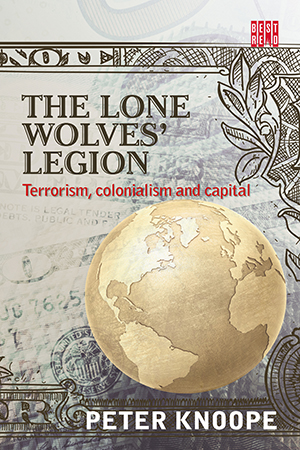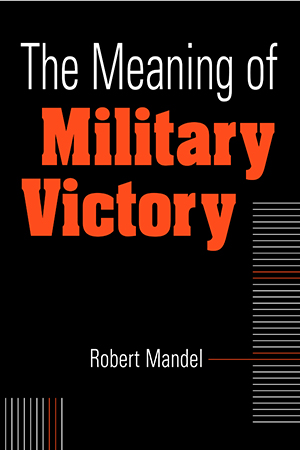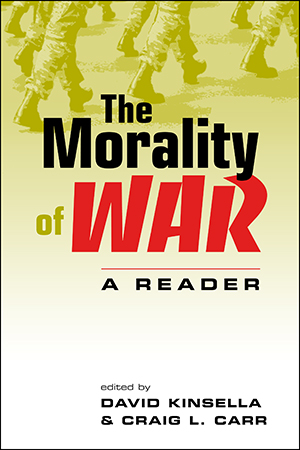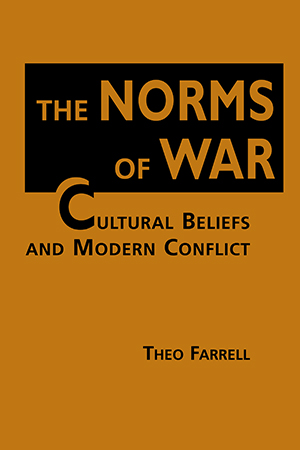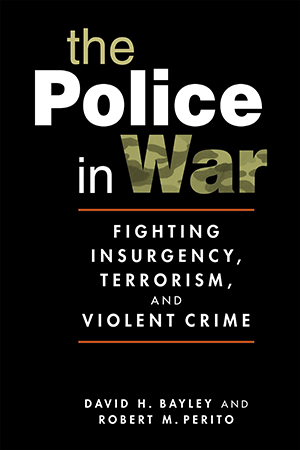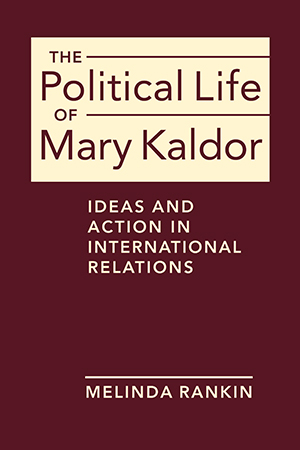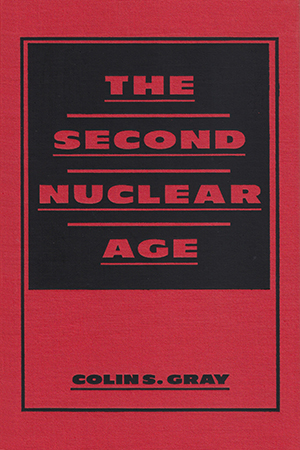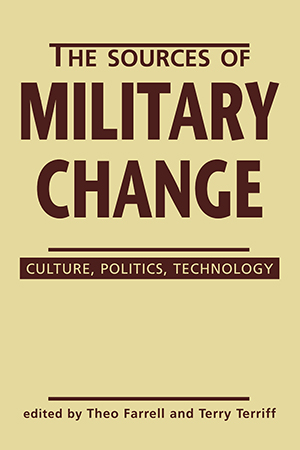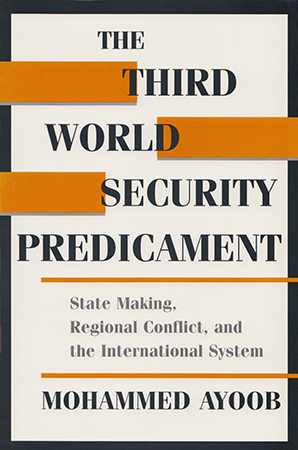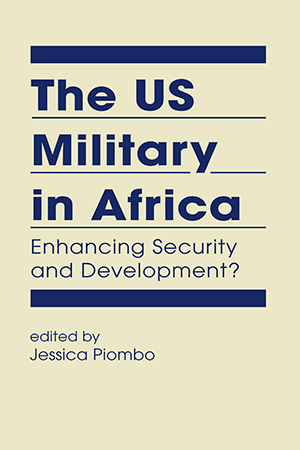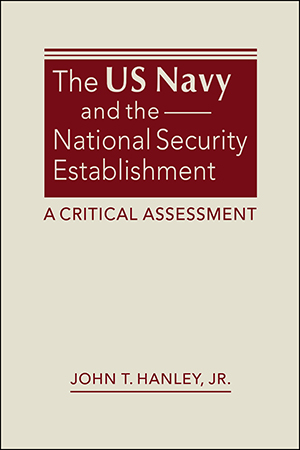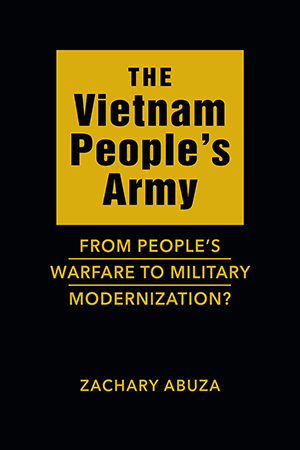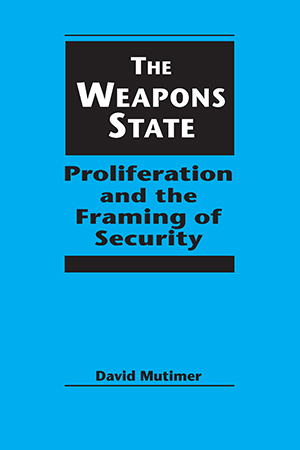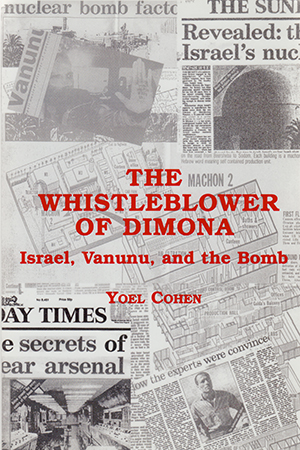Security & Intelligence Studies
The threat of terrorism has increased significantly in recent years, in every region, with the number of victims of terrorist attacks also increasing. Are we indeed under siege, as many More >
How has the concept of victory evolved as the nature of conflict itself has changed across time, circumstance, and culture? And to what end? Robert Mandel addresses these questions, More >
When and why is war justified? How, morally speaking, should wars be fought? The Morality of War confronts these challenging questions, surveying the fundamental principles and themes of the More >
Although the horrors of war are manifest, academic debate is dominated by accounts that reinforce the concept of warfare as a rational project. Seeking to explain this paradox—to More >
Once impassable and inhospitable, both the Arctic region and Antarctica are rapidly emerging as geopolitically strategic hot spots. As Ryan Burke writes in The Polar Pivot, the ice is More >
Frustrated efforts in both Iraq and Afghanistan give urgency to the question of how to craft effective, humane, and legitimate security institutions in conflict-ridden states—and More >
Although more than a little controversial, Mary Kaldor's academic work and ideas have both stimulated and influenced debate in the Pentagon, the United Nations, the European Union, NATO, More >
Colin Gray returns nuclear weapons to the center stage of international politics. Taking issue with the complacent belief that a happy mixture of deterrence, arms control, and luck will More >
In varying circumstances, military organizations around the world are undergoing major restructuring. This book explores why, and how, militaries change. The authors focus on a complex of More >
This book explores the multifaceted security problems facing the Third World in the aftermath of the Cold War. Ayoob proposes that the major underlying cause of conflict and insecurity in More >
Recent US security policy toward Africa has adopted a multidimensional approach—including the use of military assets to promote economic development and good governance—that has More >
The US Navy is the most formidable naval force in the world—yet, it seems ill-suited to face today's challenges, especially the rise of China's maritime power. What explains More >
Can the Vietnamese military, which decades ago defeated the French, the Americans, and the Chinese, move away from its tradition of "people's war" to adapt to both the More >
The proliferation of all kinds of weapons (nuclear, chemical, biological, and even conventional) is emerging as a focal point for international security. This book shows how both the More >
In 1986, Mordechai Vanunu, a technician at Israel's highly secret nuclear arms research center at Dimona, disclosed highly classified details about Israel's nuclear arms program to More >



